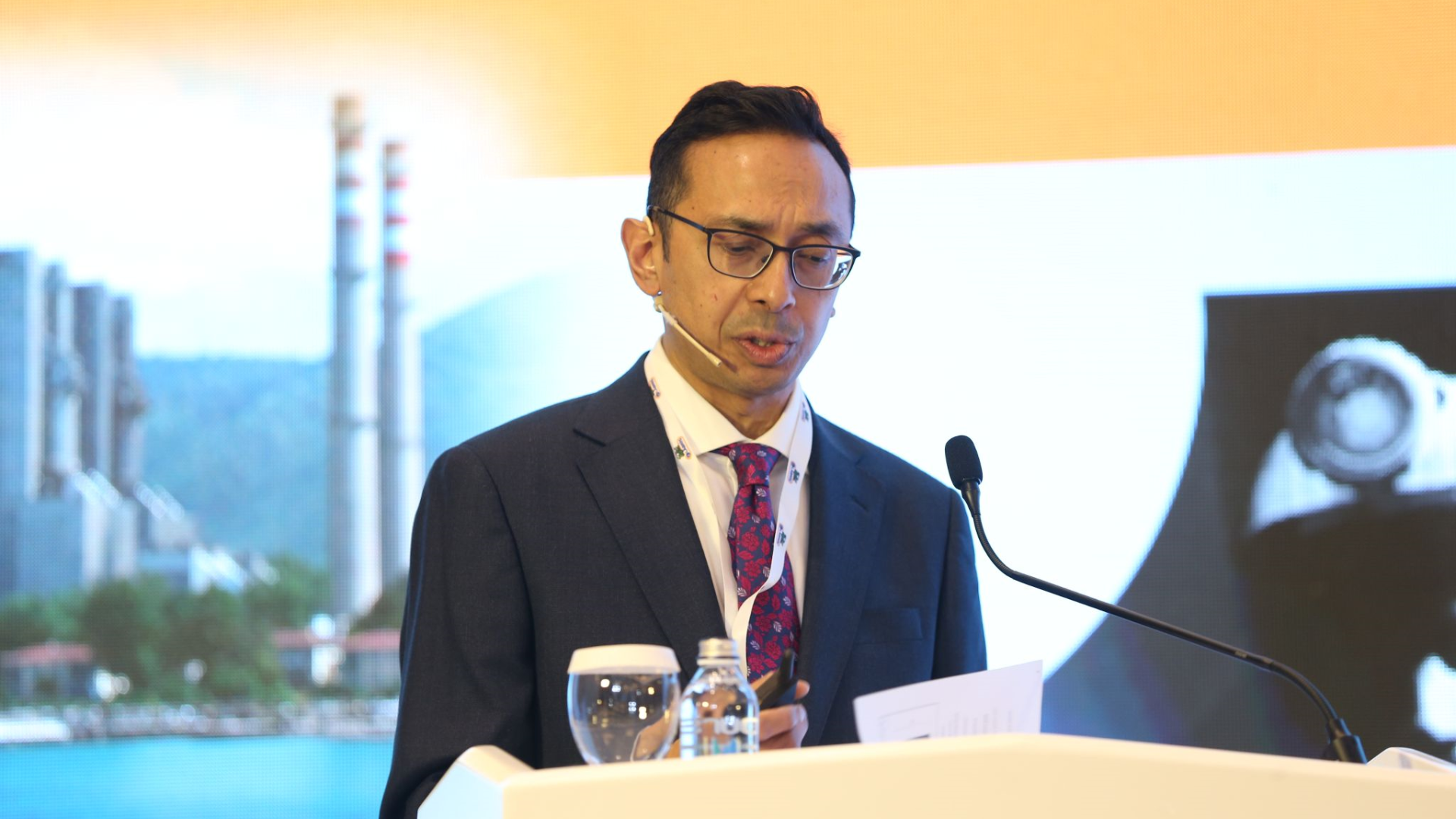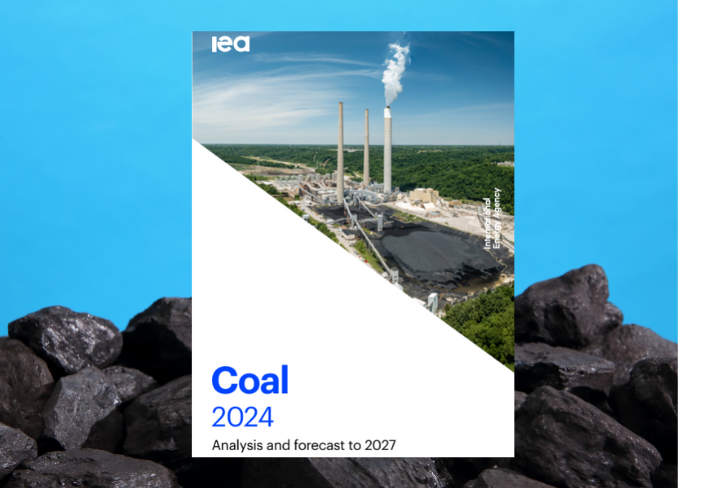
Future of Coal will be Abated, says World Coal
Christopher Demetriou
The World Coal Association (WCA) says abatement technologies exist to eliminate up to 99 per cent of CO2 emissions and the spate of global energy challenges prove that clean technologies must be accelerated.
Speaking to a panel discussion at the ASEAN Energy Business Forum today, World Coal Association CEO, Michelle Manook, said efficiency, reliability and abatement technologies must be prioritised if the world is serious about assessing energy security in the context of economic reality and climate ambitions.
We support countries that have adopted energy pathways which exemplify a more sustainable approach to the use of coal resources, consistent with the Paris Agreement.
This is especially applicable to less developed countries where both energy supply and socio-economic circumstances are under considerable stress, but it makes sense for all countries which require energy security, reliability and affordability.â€
Some of the key technologies which fall into this abatement category are:
- High Efficiency Low Emissions (HELE)
- Carbon Capture and Storage (CCS/CCUS)
- Coal Gasification
- Coal Biomass co-combustion
- Pollution Control Technology
In addition, given global investment in coal power and heating, particularly in a young South Asian fleet, coal plants should not be considered as ‘stranded assets but instead as major contributors to the future coal agenda.
This includes the repurposing of coal plants so they can switch to producing coal to fertilisers as a catalyst for increased food production, and coal to other post-combustion derivatives including hydrogen, chemicals, polymers, carbon fiber and foam.
Ms Manook says coal suffers from misinformation and a general lack of understanding about the raft of technologies which can abate up to 99% of coal pollutants.
Today government and investment policies can be better informed and remain agnostic to fuels and inclusive of all technologies if the focus is on a cost benefit realistic analysis inclusive of both the economics and science.â€
The reality is that with technology, coal will be cleaner and operate at efficiency levels rarely seen in ageing coal fleets across much of Europe and North America.â€
Ms Manook says it is clear that as an industry, coal cannot remain the same.
We will need to work harder as a united coal value chain to educate and provide a sustainable coal pathway to all stakeholders.â€
The current and future coal industry is being called on to define and navigate sustainable development and decarbonisation solutions which address poverty, economic development and the energy security that the global community demands.â€


